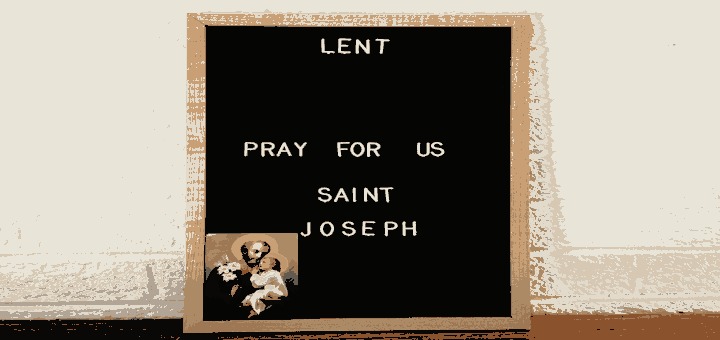Undoubtably, we are all so glad to be in this Easter season and finally on the other side of Lent, as this was a Lent none of us would have imagined or chosen for ourselves. I might be wrong, but when people are signing themselves up for Lenten sacrifices I don’t imagine that anyone is telling God that they have decided to spend six weeks stowed away in one house with their spouse and children, with no social activities, and with food and supplies limited to what is left on sparse grocery store shelves in the wake of pandemic-induced hoarding behavior. I’m pretty sure no one came up with that one.
At the moment we are still living with this reality, but it is Easter now. We have the opportunity to give thanks with our families for the resurrection and the hope that is ours in this world—regardless of circumstances. Whether or not we can buy toilet paper, or whether or not we can return to a normal mode of life, God is in control and heaven is our home. And during this Easter season we also have the opportunity to assess what God has been teaching us throughout this very unusual Lenten journey.
What God actually called us to this Lent was a completely private spirituality. And if you think about it, isn’t that really hard? It’s often a lot easier to participate in our normal public religious activities, and even add to those with more public Lenten rituals, than it is to let God work on our hearts in quiet, private places or practice charity with members of our household that are draining our already depleted stores of patience.
As the coronavirus quarantine took effect and all public events were cancelled, we started to see an influx of virtual activities. Now on the one hand that was a huge blessing. My family has been able to watch Bishop Barron’s Word on Fire broadcast of the daily and Sunday Masses over the last few weeks; and it has been a wonderful experience to continue to pray the Mass and make a Spiritual Communion when we cannot leave our houses. But we can also see that the culture of overactivity and the tendency to avoid the gift of quiet found new ways to manifest themselves during a nation-wide quarantine.
If we reflect on this past Lent from a perspective of divine providence, I think that we can come away with the conclusion that God meant to use this time to help us work on our private spirituality, to help us get better at the most simple and domestic expression of the two great commandments: “love God and love your neighbor.” So, if this was the opportunity that we were given this Lent, how did we do? Were we able to sit with the Lord and let Him open our hearts and convert them more fully to His will? Were we able to perform acts of service and love (seen only by God and our family) in the midst of a challenging home dynamic?
We probably had some failures and some successes, and the beautiful reality is that every moment is a moment for conversion. If we mostly missed this unique opportunity during Lent, we can enter into God’s invitation during Easter. We can realize that God opens up these private opportunities, often ones we would never pick ourselves, because it is the private spirituality that matters most. God wants our hearts more than our sacrifices or religious activities (1 Samuel 15:22).
In his 1923 essay “Turning Inside Out,” G. K. Chesterton wrote, “All tends to return to the simple truth that the private work is the great one and the public work the small.”[1] Let’s celebrate the call to spiritual renewal in our private lives as we reflect on God’s love and provision this Easter season. Are we loving well in the private life not on display to the public? Who we are in private is who we really are. If we let God transform our private lives, I believe that we will find ourselves dynamically transformative within our public ones.
Copyright 2020 Jessica Ptomey
[1] Chesterton, G. K., Dale Ahlquist, Joseph Pearce, and Aidan Mackey. 2011. In defense of sanity: the best essays of G.K. Chesterton. San Francisco, CA: Ignatius Press, p. 163.

